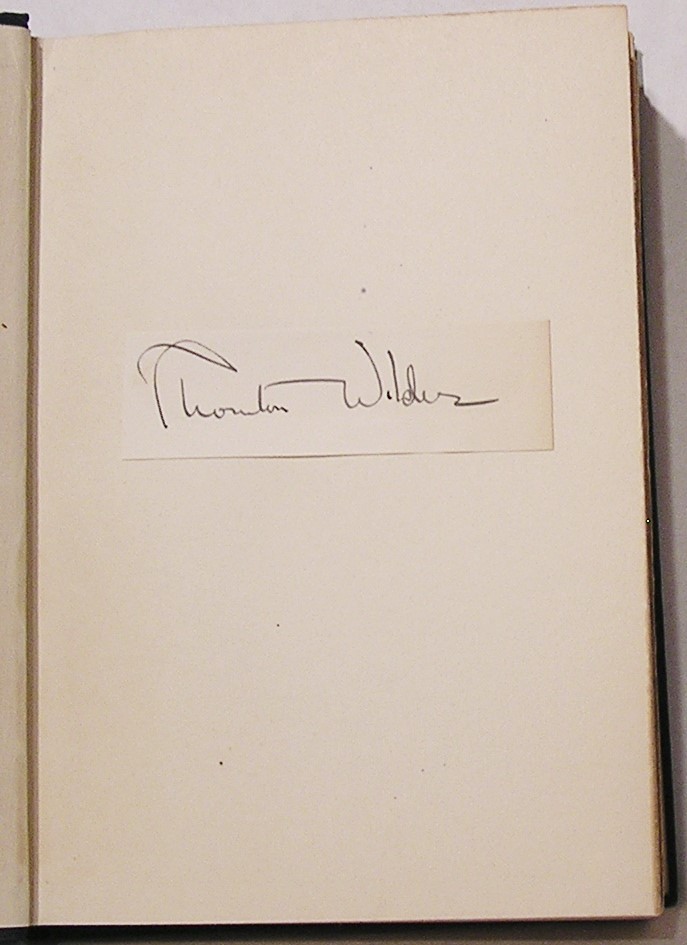

He was a great man of action, but he was so because his action embodied the precise and lucid mind that wrote the Gallic War, a mind that saw every detail, saw them all in perspective, seized the essential as if by instinct, and conducted a campaign with the economy of a superb artist. That extraordinary intelligence so permeated everything he did that the ablest statesmen and generals of his time, when they tried to oppose him, looked as you or I would look if we played chess against Bobby Fischer. Something not only fascinating but almost frightening in the man. (Many readers will recall that The Objectivist Newsletter recommended Blanshard's Reason and Analysis, a critique of trends in epistemology.) In the title essay of a collection of his talks, In Defense of Liberal Education (Open Court, 1973), Blanshard comments that, in Wilder's portrait of Caesar, he finds Wilder's portrait of that mind arrested the attention of the philosopher Brand Blanshard, one of our era's rare academic champions of reason. (It was supposedly to save the republic, of course, that Brutus, Cassius, and the others killed Caesar.) Some giants move across that landscape: Cicero, Cato, Catullus, Cleopatra, and the amazing matrons of republican Rome.Īt the center, obsessing their thoughts, dominating their ambitions, stirring their hatreds is Julius Caesar, one of history's most commanding minds. Each of the book's four sections returns to the same unfolding drama, but within successively wider frames, like a movie camera dollying back to reveal more context.Īs it does so, we enter into the life of Rome as republican government is giving way to empire. Wilder does not so much tell this story as meditate on it.

of Gaius Julius Caesar, dictator of Rome.

In fact, it deals with one of history's best-known stories: the events surrounding the assassination in 44 B.C. It is by no means a suspense novel that races (or even lopes) toward its climax. I've reread Thorton Wilder's The Ides of March many times, always with the equivalent of a slight mental frown: Why do I like this book so much?


 0 kommentar(er)
0 kommentar(er)
